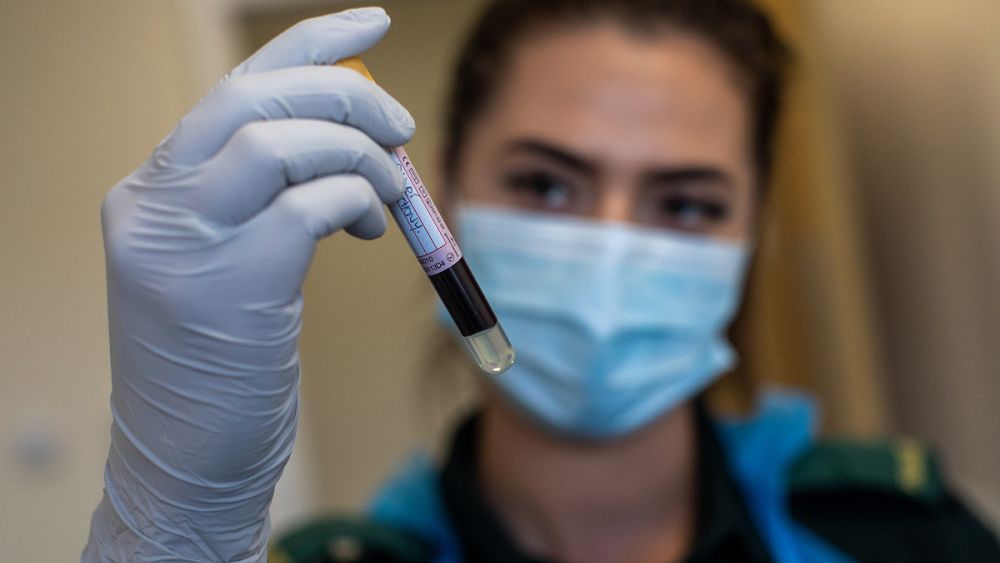Antibodies to Covid-19, proteins that help humans fight off the novel coronavirus, have a lifespan of at least four months and do not go away quickly, according to reports. Icelandic scientists who conducted a comprehensive study on coronavirus immunity.
The results of this study are promising for efforts to create a vaccine against the coronavirus, a vaccine intended to trigger an immune response capable of producing antibodies against SARS-CoV-2.
The results of the new study “give hope that an individual’s immunity against this unpredictable and highly contagious virus will not be fleeting and that it will be similar to that caused by most other viral infections“, say two doctors from Harvard University and the United States National Institutes of Health in a commentary published alongside the study in the New England Journal of Medicine.
The authors of the study, attached to the institute deCODE Genetics à Reykjavik, analyzed more than 30,000 people in Iceland, where around 15% of the population has been tested for the coronavirus.
Of those who were diagnosed positive for the coronavirus via a laboratory PCR test, more than 90% of these (or nearly 2,000 people) were tested twice for the presence of antibodies and continued to have 120 of them. days after infection, experts say.
Importantly, people who had been hospitalized with a more severe form of Covid-19 developed antibodies more quickly.
According to the study, immunity appears to increase two months after testing for the coronavirus, and she “has remained stable“during the remainder of the study.
Debate on reinfection
This study comes as the question of whether people who have had Covid-19 can be re-infected has been raised and several other recent studies suggest that the antibodies fade quickly.
“Using two very sensitive and specific tests, Dr Stefansson and his colleagues monitored antibody levels and their durability for 4 months, while previous studies have profiled antibody dynamics for just 28 days.“, explain Drs. Galit Alter and Robert Seder in a commentary on the study.
As of today, there are at least two officially confirmed cases of reinfection, including a 33-year-old man from Hong Kong who researchers say was re-infected with another strain of the virus five months after catching a first time a lighter version of the virus.
Drs Alter and Seder say in their commentary that more information and studies are needed, especially since the study in Iceland looked at an ethnically homogeneous population.
Scientists in Reykjavik have also given estimates on the prevalence and extent of the epidemic in Iceland.
They estimate that nearly 1% of the country’s population has been infected with the novel coronavirus. The risk of death from infection was 0.33%, lower than estimates in other countries.
Icelandic scientists also estimate that around 44% of people infected with the coronavirus have not been tested by PCR tests during the outbreak.
Still according to doctors Alter and Seder, these results also plead in favor of the use of antibody detection tests as a means of monitoring virus epidemics.
“Data reported by Dr Stefansson and colleagues underscore the utility of antibody testing as a highly cost-effective alternative to PCR testing for population-level supervision, which is essential for the safe reopening of cities and schools.“, they add.
– .


